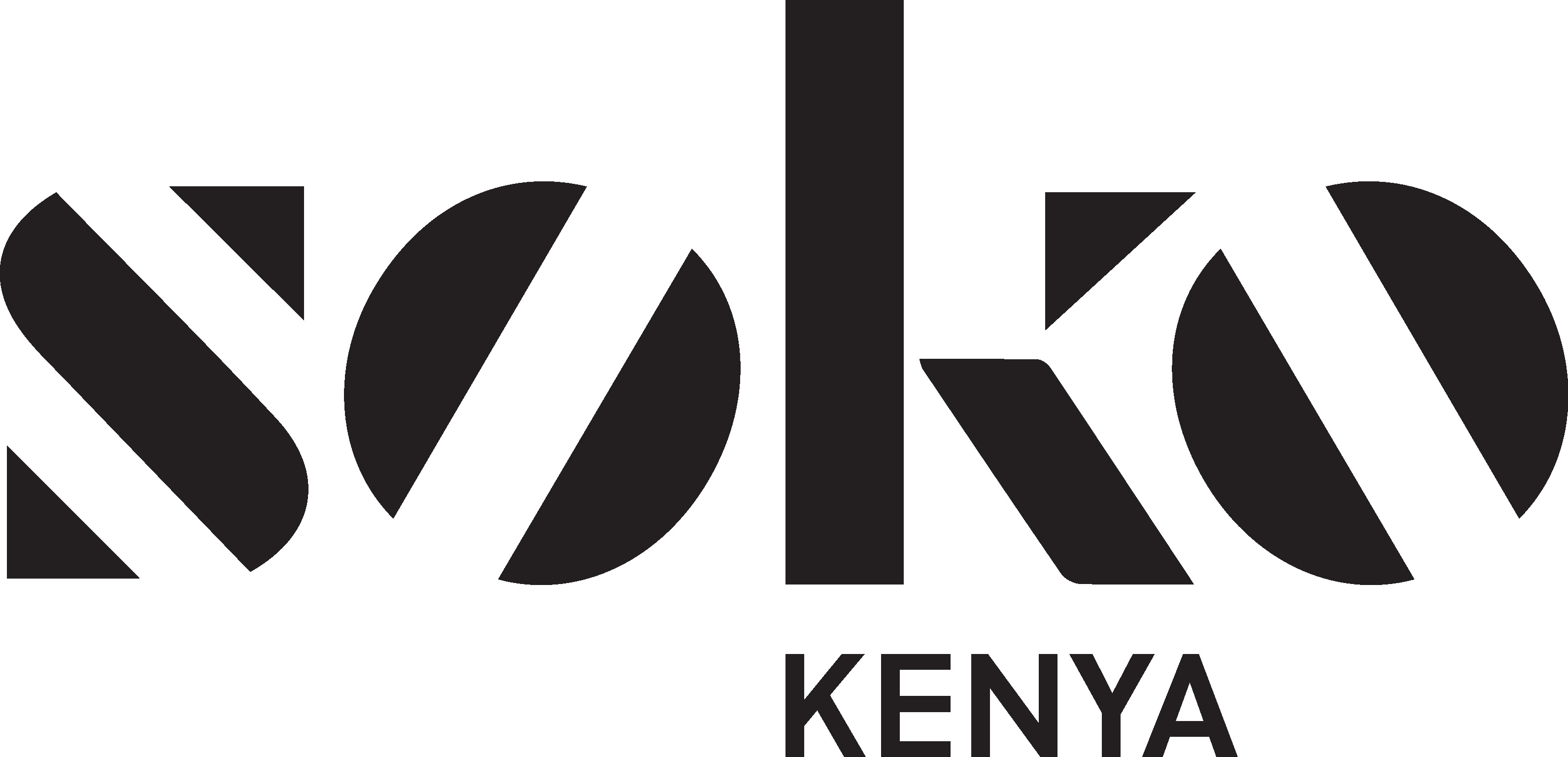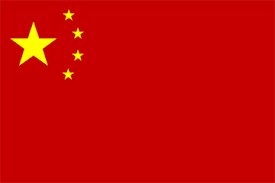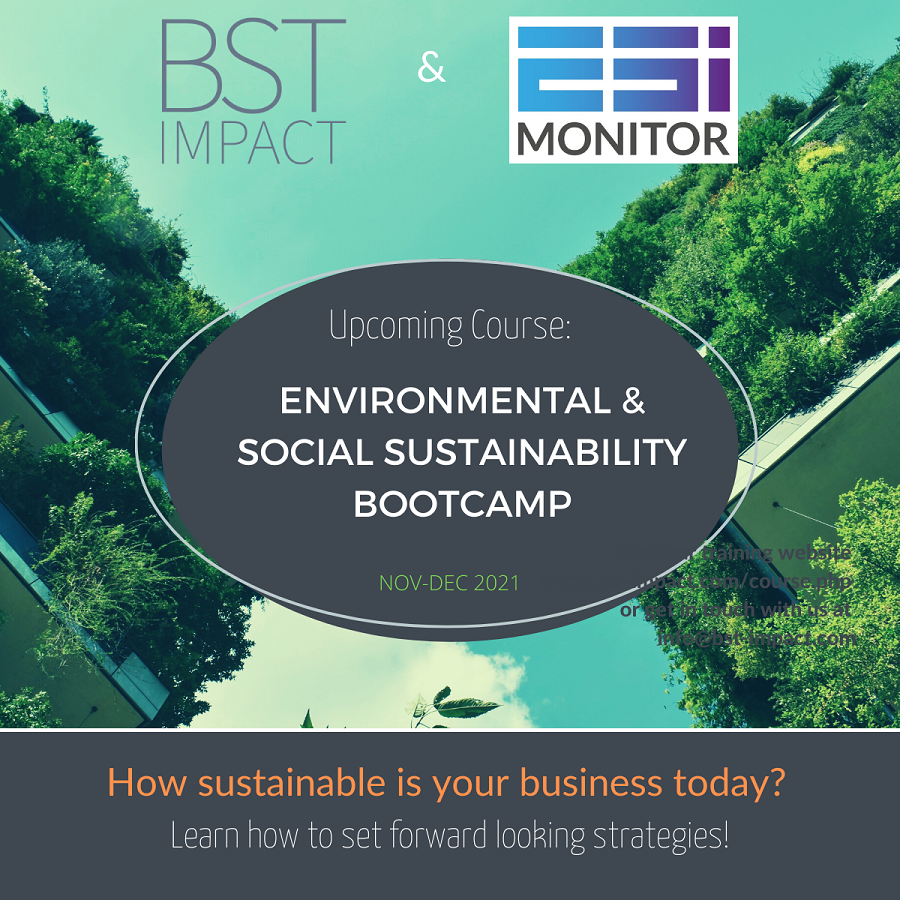
BST highlights SOKO Kenya as a sustainability best practice!
THE EXAMPLE OF SOKO KENYA
Founded in 2009, SOKO Kenya provides the fashion industry with a manufacturing solution with social and environmental issues at the heart of its business, putting people, communities and life first. With “Equality and quality of life for all” as its motto, SOKO Kenya believes that quality manufacturing can improve quality of life, by respecting the environment and supporting a skilled and dynamic workforce. Endorsing 9 of the 17 UN sustainable development goals (SDGs) with human rights as a foundation, SOKO Kenya is making the difference through its ethical responsibility and its engagement for a better future.
PUTTING PEOPLE FIRST
Working with SOKO Kenya means not only the very best in manufacturing, but also making a lasting, beneficial impact on the communities around its factory: the individuals producing clothes, and their families.
EDUCATION
The company provides ongoing skills development, in-house training, career progression and upskilling as the business grows.
SOKO Skills works with the Stitching Academy, Factory employees and local communities to provide access to training programs. Its dedicated team of trainers delivers tutoring in different domains such as financial literacy, basic computer skills, sexual and reproductive health, and rights knowledge.
Throughout the years, the Skills training has driven sustainable improvement in the lives of over 2,000 people.
By implementing SOKO Skills, the company works actively towards Goal #1 on ending poverty and Goal #4 defending the access to education of the UN’s SDGs, with the International Covenant on Economic, Social and Cultural Rights (ICESCR) as a cornerstone.
HEALTH AND WELLBEING
SOKO Kenya provides a free lunch at work, is flexible for single mothers, gives a nursery support for children under 4 years old, and offers medical training and care.
By ensuring its employees with the basic needs of wellbeing and healthcare, SOKO Kenya achieves Goal #1, Goal #2 on ending hunger and Goal #3 on good health for everyone, of the UN’s SDGs. These are amongst the core elements of the ICESCR.
FINANCE
SOKO Kenya pays a living wage to all its employees.
The company shaped a remuneration policy that fairly rewards its employees so they and their families can thrive and engage with partners to bring education and skills to the wider community via its Community Trust and Kujuwa Initiative.
This practice leads SOKO Kenya to achieve Goal #1, Goal #4 and Goal #8 which focuses on developing a sustainable economic growth and decent work. These are the main focus of the ICESCR.
ASSUMING RESPONSIBILITY FOR THE ENVIRONMENT
Through solar panels, rainwater collection and upcycling, SOKO is committed to ensure that its way of working is enhancing life, adding value to customers and minimizing its environmental footprint.
The company effectively manages its fabric waste, water and power-use to have as little impact on the environment as possible.
SOKO’s Factory, the commercial arm of the company partners with designers and fashion brands across the globe to deliver a more sustainable future.
Since 2017, 5.812 kg of factory textile waste has been diverted from landfill and used in other SOKO projects
SOKO’s Factory is entirely water self-sufficient using its rainwater collector
25% of the Factory’s energy needs are generated from on-site solar panels
Since January 2020, CO2 emission has significantly reduced simply by using solar panels
SOKO Kenya fully assumes its role as a sustainability company in attaining Goal #7 on clean energies, Goal #12 on a responsible consumption and Goal #13 demanding action for the climate. These three goals are part of the foundations of the Montreal Protocol, the United Nations Framework Convention Climate Change (UNFCCC) and the Convention on Biological Diversity (CBD).
THE STITCHING ACADEMY
The Stitching Academy teaches people the skills to be better placed to secure a job in clothing manufacturing. Many graduates continue to work at the Factory, for the Kujuwa Initiative or in other manufacturing businesses. To date, 183 students have graduated from the Stitching Academy with over two thirds hired on permanent contracts.
The Stitching Academy enables SOKO Kenya to achieve Goal #1, Goal #4 and Goal #8 of the UN’s SDGs, which are at the heart of the ICESCR.
SOKO’S COMMUNITY TRUST
This initiative strives to develop and enhance the social, environmental and economic skills of local communities. The Community Trust provides people with the skills needed to drive sustainable improvement in their lives and lift themselves out of poverty. This is made possible through the Stitching Academy and its female sexual health program, the Kujuwa Initiative.
SOKO’s Community allows the company to attain Goal #1, Goal #3, Goal #4 and Goal #8 of the UN’s SDGs, through the respect of the ICESCR.
THE KUJUWA INITIATIVE
Kujuwa = Knowledge
SOKO Kenya also leads the Kujuwa Initiative, a social engagement tackling fundamental misunderstandings and challenges around women and gender inequalities.
The company is passionate about supporting girls to have the same opportunities as boys, considering that a monthly period should not be a barrier for girls, neither should it hinder them from attending school, nor cause embarrassment or shame. SOKO Kenya encourages girls to respect their body, to fight for equality and aspire to a great future. Last but not least, the company teaches boys to gain respect and helps them understand women’s lifecycle.
The initiative addresses misconceptions by educating and giving support to young people, families and educators in sexual and reproductive health and rights, and menstrual hygiene management.
The Kujuwa Initiative has developed the production of reusable sanitary pads by employing women trained through the Stitching Academy and by upcycling waste materials from its Factory. The Kujuwa pad is a high quality, reusable, accessible pad that enables girls and women to manage their periods safely.
Through the Kujuwa Initiative Goal #1, Goal #3, Goal #4, Goal #5 on gender equality and Goal #13 of the UN’s SDGs are achieved, respecting the ICESCR, the Convention on the Elimination of all Forms of Discrimination Against Women, International Covenant on Civil and Political Rights (ICCPR).
Why we love this is because SOKO Kenya has a rounded view of what it means to be sustainable, further respect for rights within their operations and with the communities and have an approach that enable the true respect for individuals and their rights.







